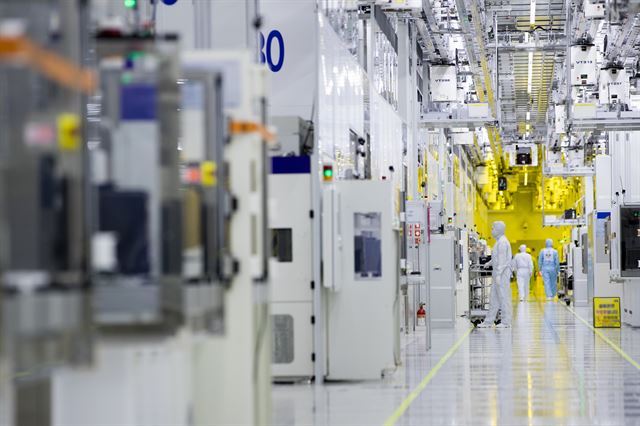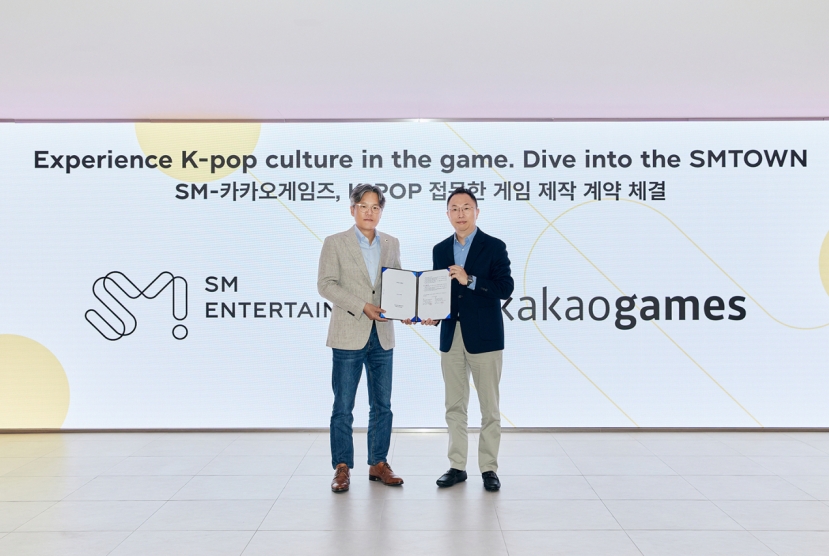South Korea ramps up efforts to protect industries from Japan's export curbs
By Shin Ji-hyePublished : July 30, 2019 - 16:02
With just a couple of days remaining for Japan’s decision on removing South Korea from its whitelist of trusted trade partners, the Seoul government and businesses are ratcheting up efforts to protect industries that could be potentially hit by the move.
The chances are high that Japan could remove Korea from a whitelist of 27 countries that receive preferential trade treatment after Cabinet approval on Friday.
If Korea is removed from the whitelist, domestic companies need to get separate approval each time from the Japanese government when they import 1,115 parts and materials that are categorized as being capable of being used for developing weapons.
To combat potential setbacks, the government and companies are readying themselves.
The Ministry of Trade, Industry and Energy is holding a briefing for the industries that could be affected by Japan’s export curbs. Starting from Monday for two weeks, the officials will meet with companies in a wide range of sectors -- chips, display, shipbuilding, aviation, machine, automobile, auto parts, electronics, chemicals, bio, textiles, battery, steel and drones -- in major cities nationwide.
The chances are high that Japan could remove Korea from a whitelist of 27 countries that receive preferential trade treatment after Cabinet approval on Friday.
If Korea is removed from the whitelist, domestic companies need to get separate approval each time from the Japanese government when they import 1,115 parts and materials that are categorized as being capable of being used for developing weapons.
To combat potential setbacks, the government and companies are readying themselves.
The Ministry of Trade, Industry and Energy is holding a briefing for the industries that could be affected by Japan’s export curbs. Starting from Monday for two weeks, the officials will meet with companies in a wide range of sectors -- chips, display, shipbuilding, aviation, machine, automobile, auto parts, electronics, chemicals, bio, textiles, battery, steel and drones -- in major cities nationwide.

On Tuesday, Industry Minister Sung Yun-mo visited local chip and display equipment maker Wonik IPS located in Pyeongtaek, Gyeonggi Province.
“If Japan takes any action, we will thoroughly respond by pooling all the capacity and resources of the public and private sectors to minimize the negative impact on the economy,” he said.
A day earlier, Finance Minister Hong Nam-ki said that “if the whitelist becomes a reality, the export curbs will be expanded. But we are preparing for all the possibilities for the additional retaliation in close cooperation with related ministries.”
On the same day, Trade Minister Yoo Myung-hee, who returned Saturday after meeting US politicians, think tanks and trade associations in Washington, said she would continue to make outreach efforts to persuade the international community.
If Japan removes Korea from its whitelist, the nation is expected to target materials for future growth industries, such as electric vehicles or hydrogen cars, that Korea is highly dependent on, according to industry watchers.
Korean battery makers, including LG Chem, SK Innovation and Samsung SDI, are preparing for Japan’s possible restrictions. LG Chem Vice Chairman Shin Hak-cheol said during a press briefing on July 9, “We are doing ‘scenario planning’ to cope with the possible expansion of Japan’s export restrictions.”
Separately from the export restrictions, Japan is likely to put the brakes on the Korean shipbuilding industry.
Last month, Japan’s Ministry of Economy, Trade and Industry released a report which stated that “its priority would be file a complaint against the Korean shipbuilding industry with the WTO.”
Japan is now moving to take the next step after it filed a case against Korea’s shipbuilding industry with the WTO Dispute Settlement Body in November last year.
The report said subsidies of Korea’s state-run financial organizations to the shipbuilding industry flout WTO rules. “This will result in market disruption and oversupply in the industry.”
Industry sources also raised concerns that Japan’s antitrust watchdog may also disrupt the merger between Hyundai Heavy Industries and Daewoo Shipbuilding & Marine Engineering by intentionally delaying its approval.
Starting from submitting a request for formal approval from Korea’s Fair Trade Commission early this month, HHI is making similar requests to antitrust watchdogs in Japan, China, Kazakhstan and the European Union. It already sent the request to China‘ antitrust authorities on July 22 while not deciding yet when to submit it to Japan.
“As Japan’s economic retaliation is spreading into the entire industries, the possibility to oppose the merger also grew although it is difficult to prejudge given that it is a political issue,” said Han Gwang-hee, a professor at Hanshin University.
By Shin Ji-hye (shinjh@heraldcorp.com)







![[KH Explains] How should Korea adjust its trade defenses against Chinese EVs?](http://res.heraldm.com/phpwas/restmb_idxmake.php?idx=644&simg=/content/image/2024/04/15/20240415050562_0.jpg&u=20240415144419)











